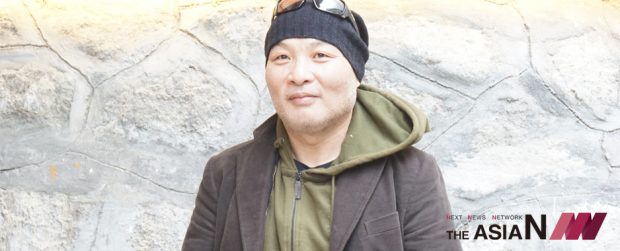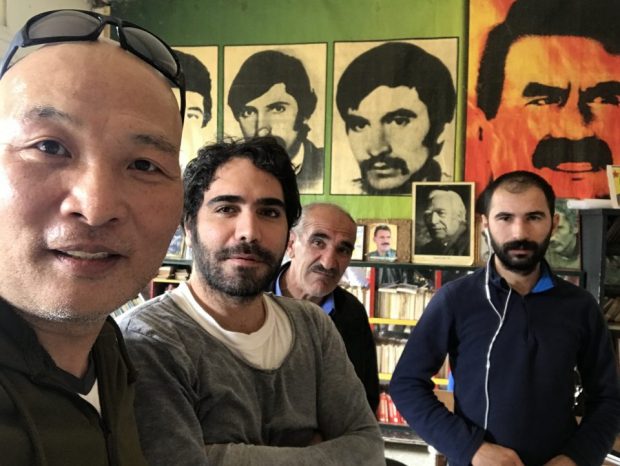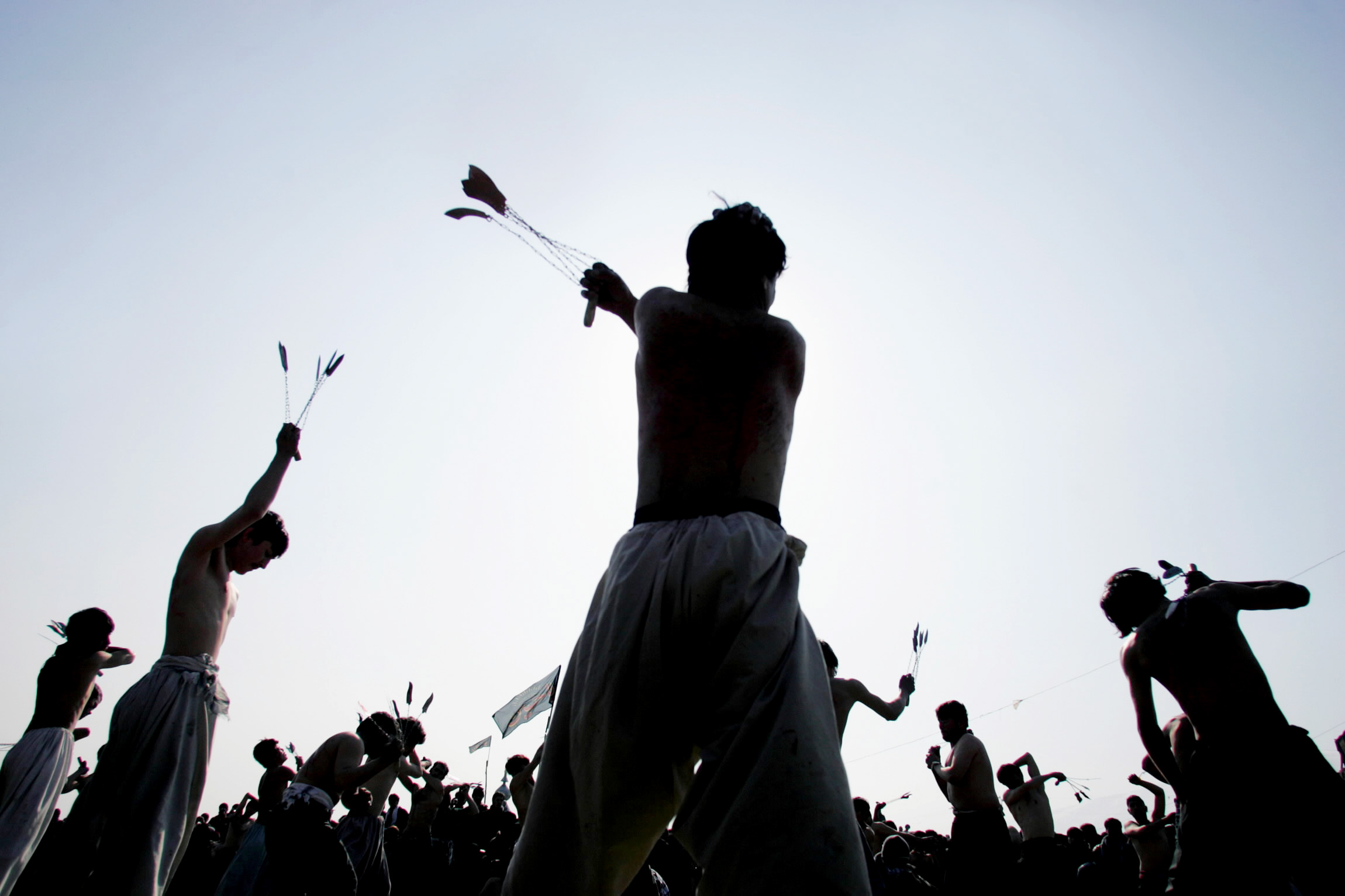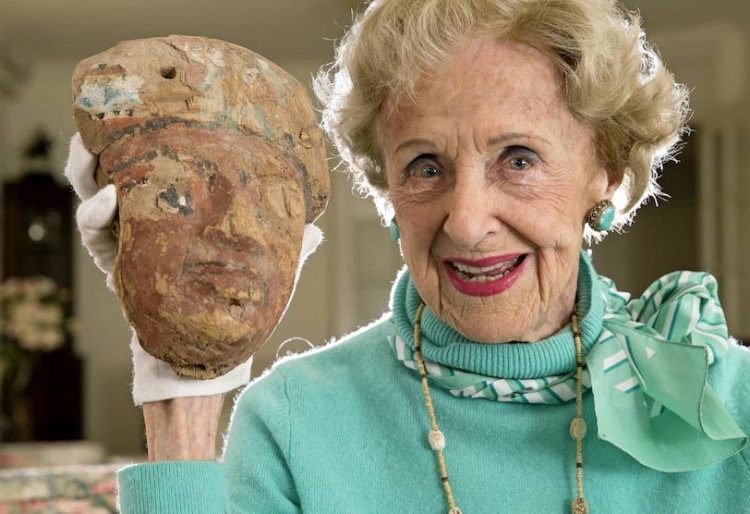
War-zone Correspondent Lee Sin-seok: “Reaching the World’s Most Disadvantaged”

Peace was at the heart of World War II reconciliation, but countless regions across the world, particularly Asia, remain war-torn and devastated by ongoing conflict. For 15 years, war-zone correspondent Lee Sin-seok has traveled far and wide to reach refugees—those who have experienced the worst of such wars—to share in their pain and understand their position. It seems a worthy cause, but Magazine N still would like to know why:
How did you start doing what you do?
That’s something so personal to me, I don’t feel I should share too much, but my religious values propel me in visiting those regions. After a very special spiritual encounter, I decided to help those in need. In the past 15 years, I have visited the Middle East over 30 times, the Balkans 20 times, the Caucasus region 20 times, and other areas in Eastern Europe, Cuba, South Asia, Central Asia, and so on. I began to seriously report on my trips three years ago, when a man named Kim became an IS member; I remember visiting the site where Kim had joined the group, giving my report on what I had come across.
In Korea, there is a strong sense of the man as the breadwinner of the family. Have you ever experienced any difficulty with regards to earning a stable living?
Well, where does money actually come from? (laughs). I’ve had over 50 or so jobs here and there. Of course, I earned a sizeable amount only through 1 or 2 of those odd jobs. But money was never really a priority. The vision I had for my work always came before stability. I rarely worry about the financial aspect to what I do.
You’ve been to many places, is there any type of food that you enjoyed the most?
I still think of this teahouse I went to in Azerbaijan province of Iran. It was a crowded space; sometimes seating more than a hundred men. They would sit together, drinking and smoking inside—something you could never see in Korea (laughs). There was a lot of good food time. One of my favorites was a barbequed lamb dish called Ocakbaşı found in east Turkey and northern Iran. Iran serves the best lamb dishes.
You recently visited a Kurdish camp in Greece. How did you view the Kurds before all your trips to visit them? Many people consider them a terrorist group
Even before, I had never thought of the Kurds as terrorists. There are almost 40 million Kurds around the world, of course there may be people with terrorist inclinations in that number, but I don’t believe the majority of them to be like that. Just as during our Korean war there were Koreans who were friendly with the Japanese, there are members within the Kurdish community who are friendly with the Turks and are considered traitors amongst their own people. Some Kurds have no interest in politics and simply want to earn a decent living by running their business while some are poor and earnestly hope for a country to call their own.
What do your family and people around think of the work you do? Do they worry about you very much?
I don’t think people pay all that much attention to what I do. Some don’t really care to listen. But my wife trusts me completely. She has been the one to see my life up close; she was beside me during my spiritual encounter and saw how deeply I had changed. Of course, she cannot help but worry for me when I go to such dangerous places. Even I have been afraid, often not being able to sleep at night for fearing for my life.
Please tell us your best and worst moments as a war-zone reporter.
The worst moment was when I was arrested in Hakkâri, a Kurdish region in Turkey. The local police there thought I was a terrorist, and it was a really difficult time for me. My best experience was crossing the desert in Iran; in that lonely dry expanse I was able to rediscover myself, burning light into all the hidden corners of my identity.

What motivates you to continue in your work, despite the challenges?
I used to think the most disadvantaged countries were in the African continent. But I soon realized that the most disadvantaged and vulnerable are in fact war refugees—and in this group, women and children the most vulnerable. The elderly, the women, and little children are in dire need of help but no one stands on their side. I knew that whenever I went to visit them, they were encouraged by the fact that a foreigner seemed to want to hear their story. That pushes me to keep on in this work.
Where do you plan on visiting next?
There aren’t many places that I can go. I’m already on the blacklist in Turkey so I can’t go there. I have in mind to go to several places but there are legal restrictions—right now I’m keeping my eye open for any openings.







